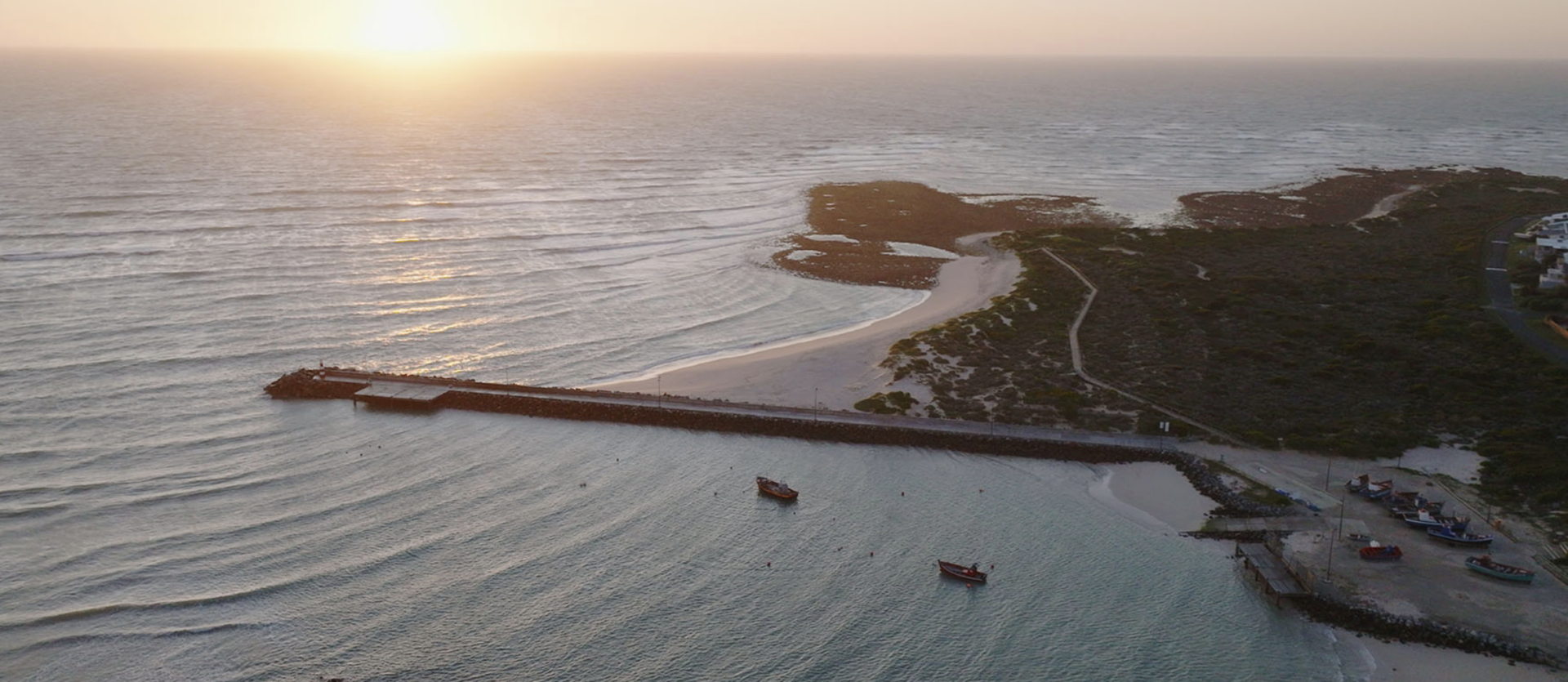ORRAA Policy Brief: UNFCCC COP28
The 2023 UN Climate Change Conference – also known as COP28 – will be a milestone moment to chart the path forward for addressing climate change, integrating the importance of the Ocean for climate action, and scaling Ocean-climate finance.
Advocates are looking towards this COP as a significant opportunity also to drive action at the nexus of climate and biodiversity, building on the development of the Kunming-Montreal Global Biodiversity Framework and the agreement on a new UN High Seas Treaty, together with the ambition of the UAE COP Presidency in one of its central themes: putting nature, people, lives and livelihoods at the heart of climate action.
At COP28, the first Global Stocktake process will identify gaps in climate progress and potential pathways to address them, critical to framing and ratcheting up climate ambition and action over the next five years and beyond. The initial state of the Global Stocktake is clear: limited progress has been made and significantly more ambition, finance, and action is needed if the world is to meet its Paris targets.
And finally, COP28 will also look to adopt a framework on the implementation of the Global Goal on Adaptation, and hopefully see progress in the development of financial mechanisms and commitments for addressing Loss and Damage.
Recommendations
Given the urgency of driving ambitious outcomes, COP28 must prioritise the central role of the ocean in climate action and work towards building resilient coastal communities and supporting a regenerating ocean. These solutions must be backed up with concrete financial commitments and pathways to deliver strong outcomes for the ocean. These include:
- Significantly scaling finance commitments and accelerating climate finance flows into mitigation and adaptation action that support the protection and restoration of coastal and ocean natural capital within and beyond national jurisdictions, including through targeted investments into Nature-based Solutions.
- Securing government commitments to new and more ambitious Nationally Determined Contributions and national climate action plans that include the ocean and recognise the rights of coastal communities, helping to restore the ocean’s capacity to sequester and store blue carbon, and ensuring positive local social, economic and ecological impacts through the application of critical guardrails and standards such as outlined in the High-Quality Blue Carbon Principles & Guidance.
- Ensuring that the role of coastal blue carbon ecosystems is recognised and integrated across UNFCCC negotiations for their role in mitigation, adaptation, and averting and minimising losses & damages, together with strengthened understanding of financing options for coastal ecosystem restoration including through Article 6, the voluntary carbon market, and non-market financing options.
- Supporting a moratorium or precautionary pause on deep-seabed mining within and beyond national jurisdictions, emphasising the need to preserve the delicate balance of our underwater ecosystems and in accordance with the precautionary principle.
- Recognising alignment with the Kunming-Montreal Global Biodiversity Framework and calling for the swift ratification of the High Seas Treaty to enhance ambition and accelerate implementation of integrated ocean-climate action with coherent pathways for scaling financing for ocean-based climate solutions.
At COP28, ORRAA will work to elevate and advance the global narrative on ocean risk and coastal resilience, together with practical, scalable financial solutions, including by showcasing new announcements, donor commitments, and investments; convening policymakers, finance leaders and investors; mobilising political and financial commitments for blue finance; and demonstrating investment-ready Nature-based Solutions ready to be scaled to increase ocean resilience and build the resilience of coastal communities, particularly in the Global South.
To read the full ORRAA Policy Brief on COP28 please click here.



